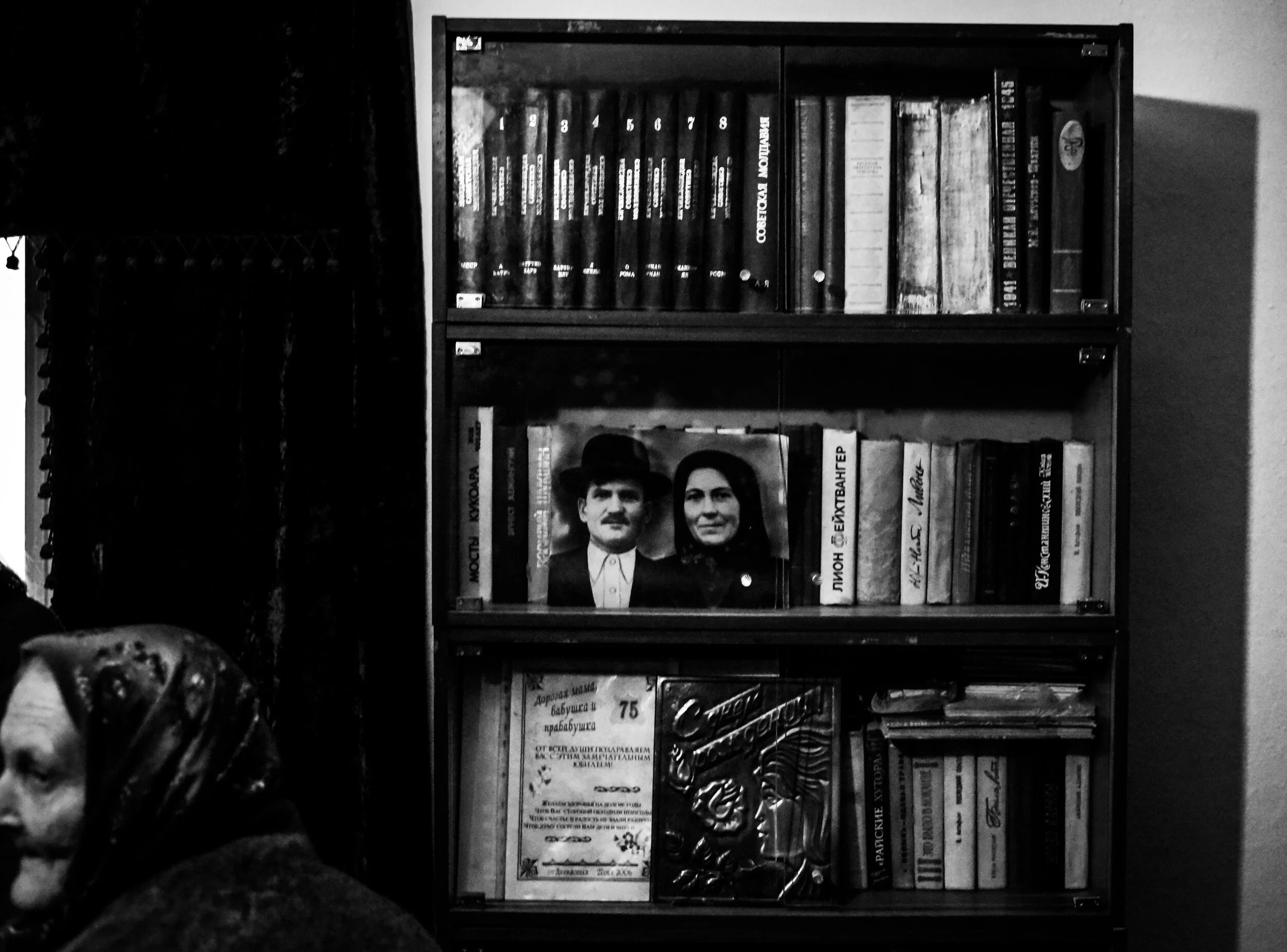
A New Wedding Ring
by Iryna Tsilyk
Translated from the Ukrainian by Tetiana Savchynska
I have a recurring dream that has been haunting me in different variations for many years. In it, two people are walking side by side across a vast and snowy field. They carry backpacks (or rather, emergency go-bags) including all that remained from their former peaceful lives. The woman walks ahead of the man, and his big footprints cover hers so that it seems as if just one person has made their way across the field.

In the Presence of a Miracle
by Lyubko Deresh
Translated from the Ukrainian by Dmytro Kyyan
Before the seminar on NOMADLAND, he wrote to me: "Despite everything, I want us to do our work and to do it well." However, it seemed that fate had destined him to face the war head-on for a second time. My mom's call at 5:35am on February 24 woke me from a restless sleep. Before picking up the phone, I already knew what I was about to hear. "Sonny, the war has begun," my mom said through tears. "They are bombing Kyiv."
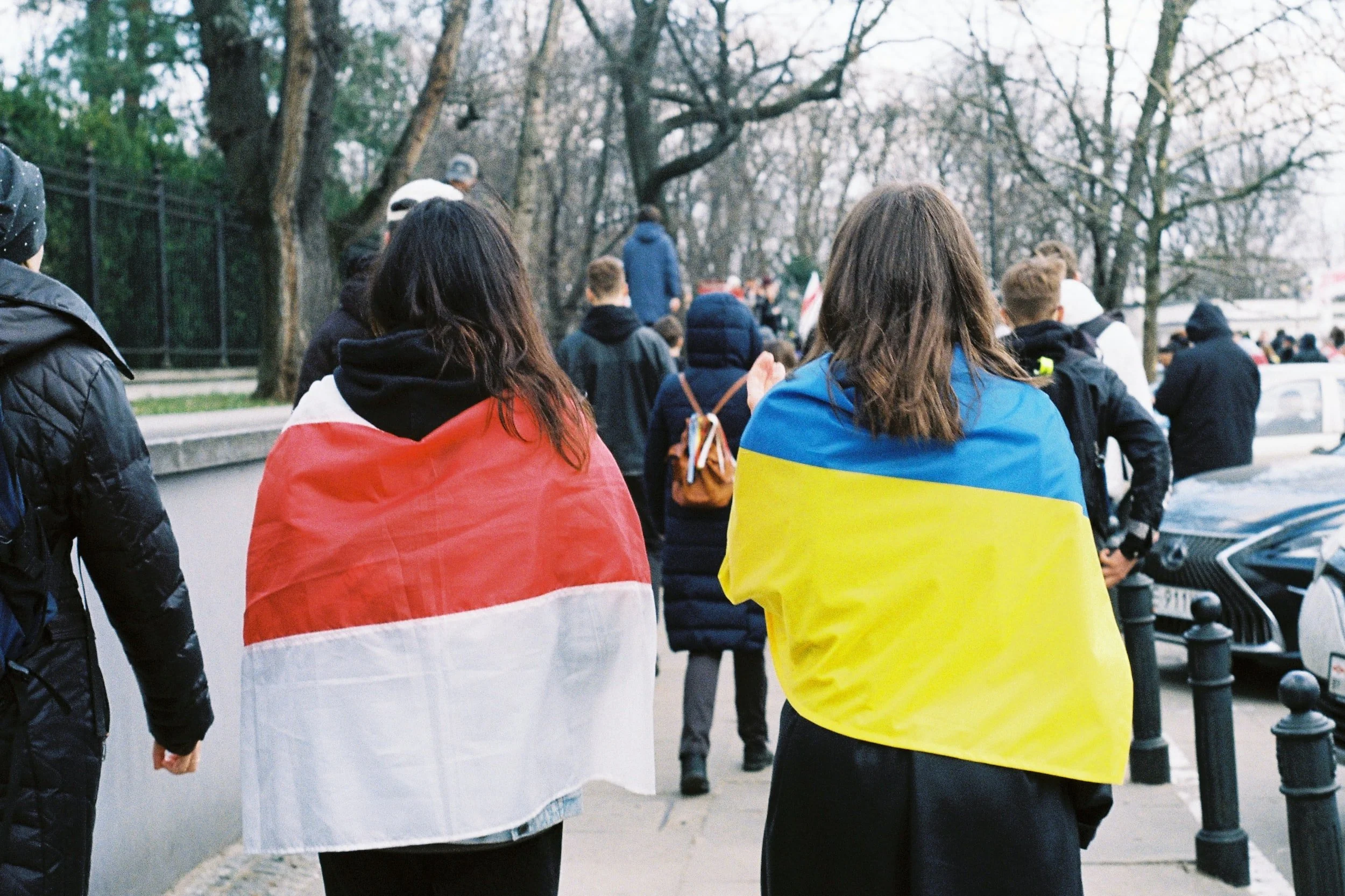
On Being a Good Neighbor
By Agata Tumiłowicz-Mazur
I unfold a map in my mind and spread its crumpled edges wide. I know all my neighbors by heart, and I can say a lot about them. This storytelling is much like sitting down at a spinning wheel and beginning to work with a ball of yarn. You draw out long fibers: some made of stereotypes, followed by the histories you’ve been taught, others from accounts of your loved ones, and, finally, some you’ve experienced yourself.

Remembering Kharkiv
by Olga Breydo
What I do not know during that summer of 2020 is that nearly two years later, I will revisit this paragraph with regret for remembering Kharkiv instead of returning there when I had the chance. For imagining instead of experiencing. Planning instead of doing. And then I will write something again, but this time it will beis a longer piece.

Happy Birthday
By Maryna Prykhodko
My heart sinks. I forgot. For a moment, I forgot—not about the war, which is impossible to forget, but about how close we are to death. It's right there, just tens of kilometers away. It feels wrong to even look at it. The enemy. The country that is trying to kill us. It's so close, looming over my beloved Kharkiv. What gives them the right?
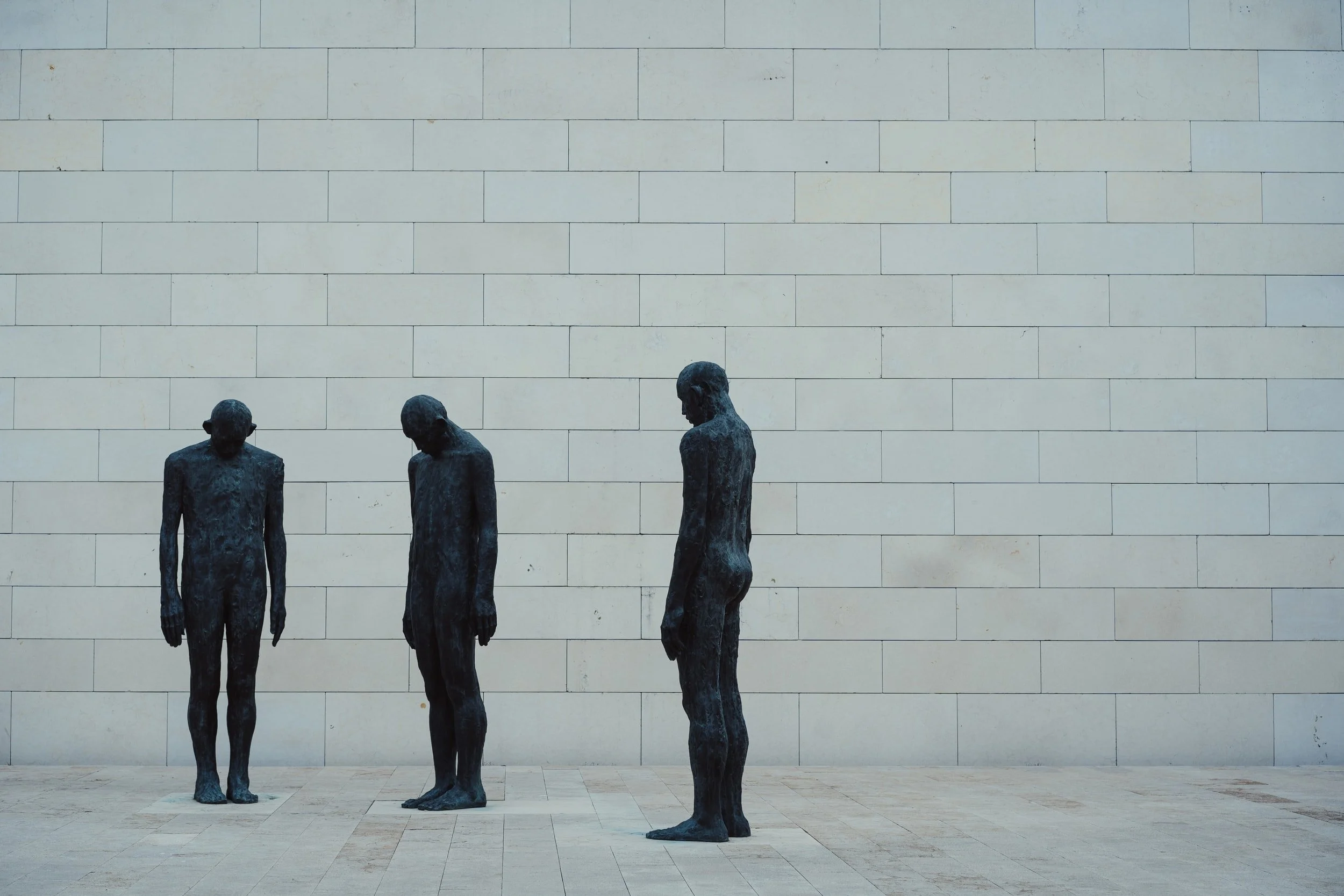
A Time for Irises
by Myroslav Laiuk
Translated from the Ukrainian by Daisy Gibbons
How does our memory work? What does it choose? How do associations arise? How is trauma born and how does it mature? People will be going to therapists and psychiatrists, and even now Ukraine doesn’t have enough specialists in these professions. But first and foremost, each person will have to answer this question alone; many times; late at night.

“It will be wonderful if I no longer have a need to write”: An Interview with Yuriy Tarnawsky
Interviewed by Justina Dobush
I fought against the “rich vocabulary” theory from the beginning. I see no reason why it is necessary to have a large vocabulary to write well. After all, if you don’t know how to use words correctly, it doesn’t matter how many you know. You can use few words, but in a good way, or vice versa—use a lot of words badly.
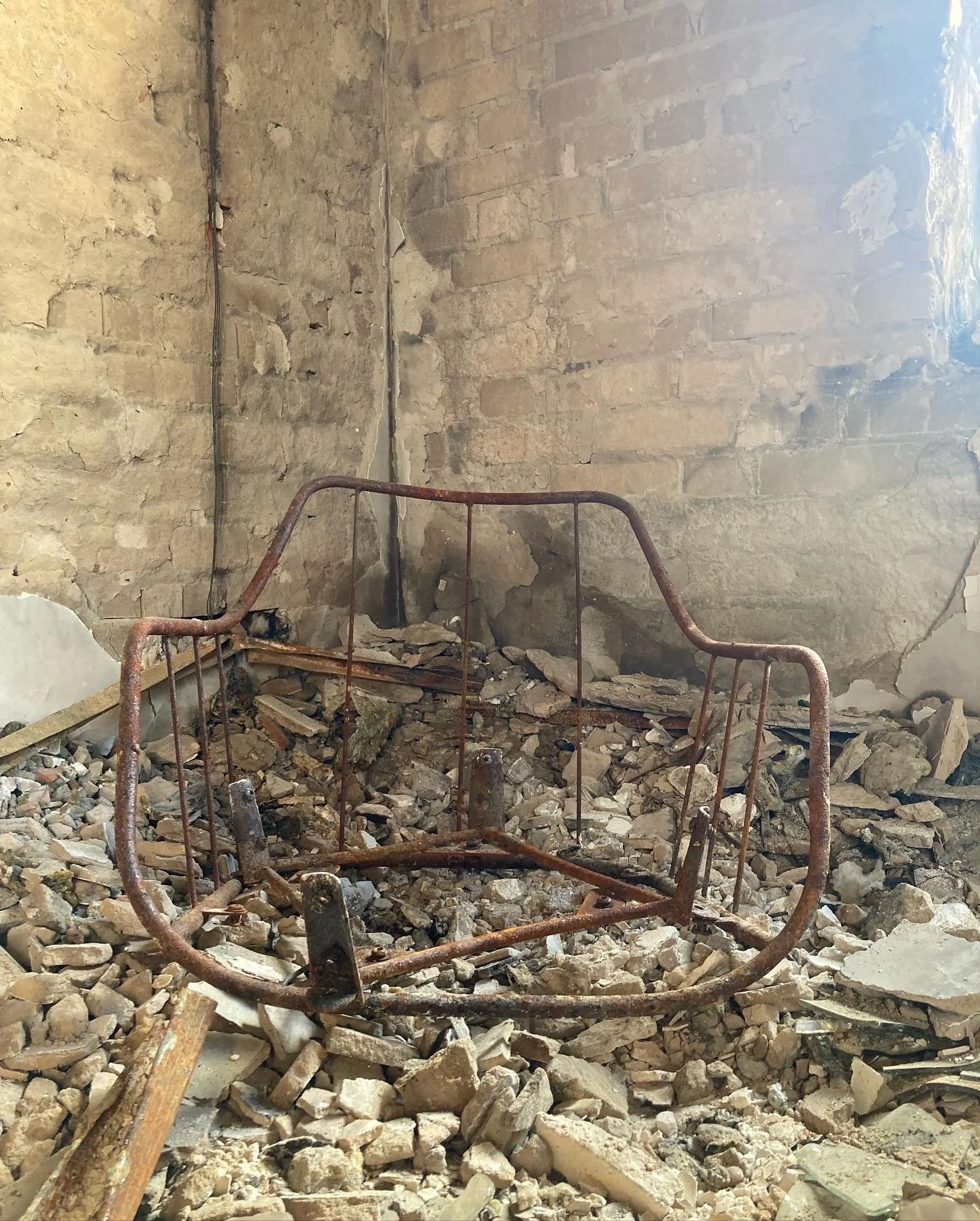
Poppies and Hedgehogs
by Kateryna Iakovlenko
Seeing the photos of my house sent by my neighbors, I saw that nothing was left. I wanted to imagine that there might be my refrigerator where I had left a bottle of pét-nat wine from Odesa. I thought it would be a lovely “welcome home” drink, after all. Instead, only emptiness awaited me–dust and ashes.
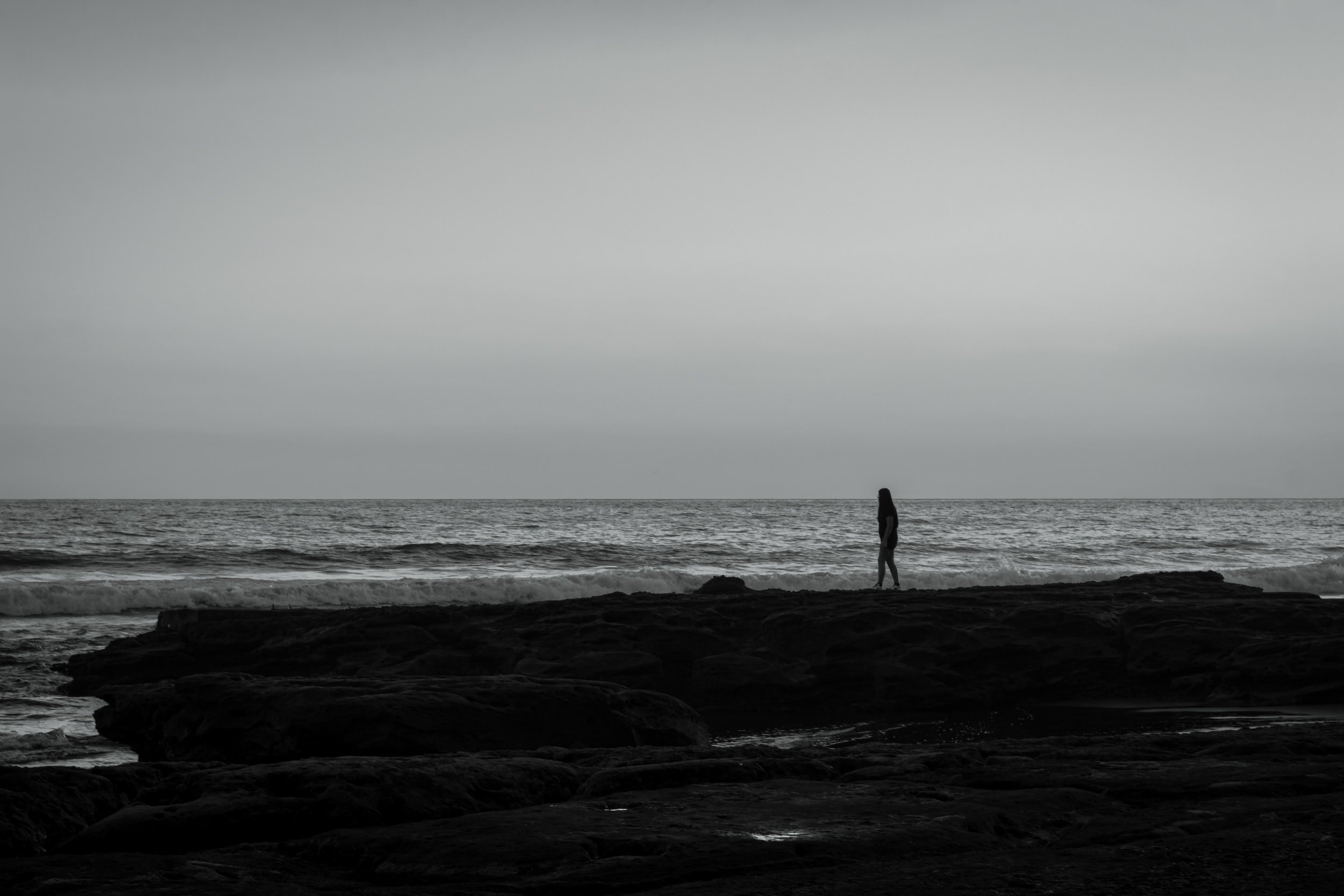
Ortigia, the Sea, and War
by Natalia A. Feduschak
According to another book I read, there was once a thriving lemon trade between Sicily and the western Ukrainian city of Lviv, now home to hundreds of thousands of Ukrainian refugees. I’ve thought of that trade when I purchase lemons from my regular vendor here at the local bazaar, although learning more about it doesn’t hold the interest it once might have.
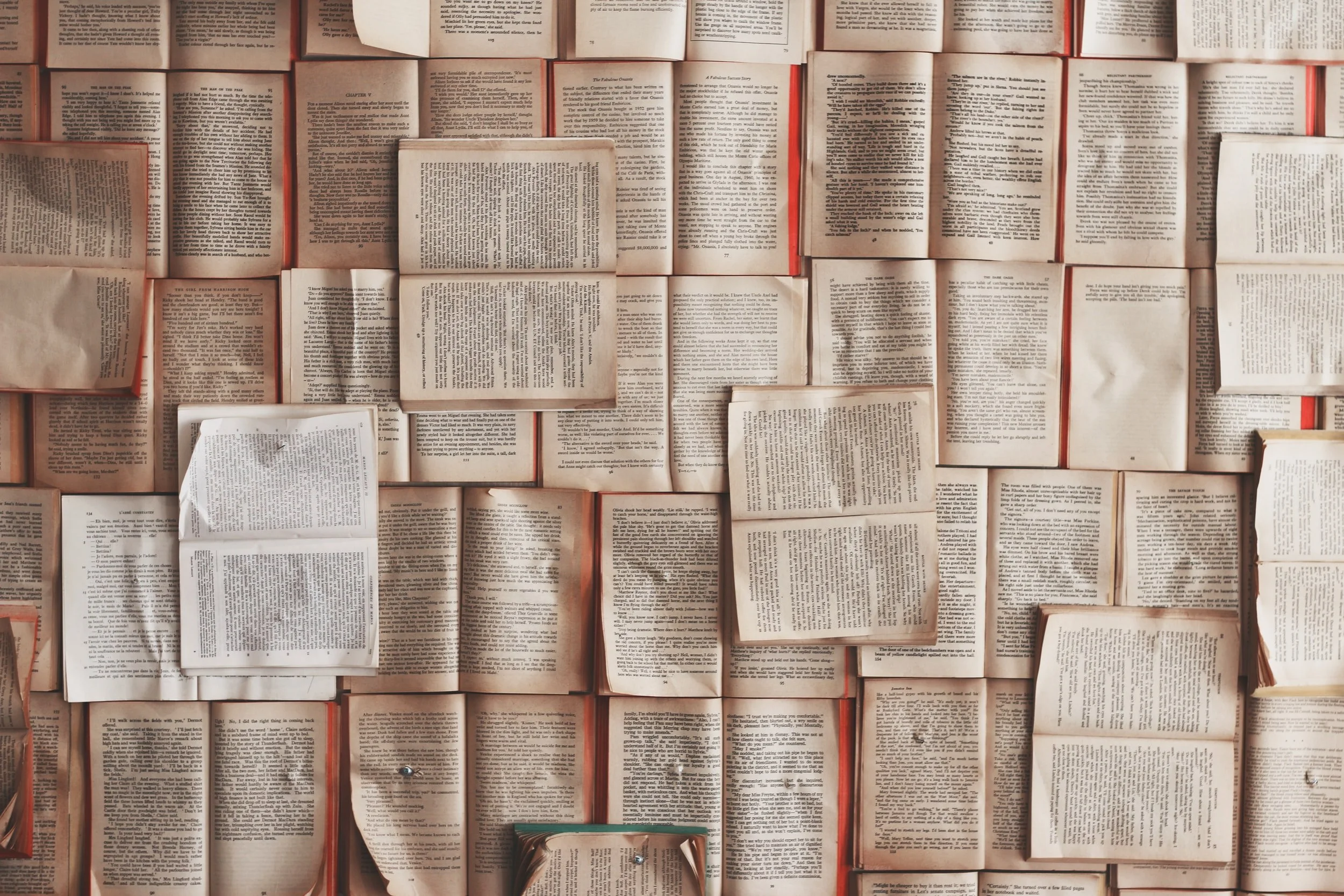
The Language of Home
by Mariya Mykhaylova
Russian will always be my mother tongue, but Ukrainian is my homeland’s tongue. For me, at this moment, it is not about saying no to Russian–it is about saying yes to Ukrainian. I do not know what my future holds. For now, I stick to learning Ukrainian day by day as a way to feel whole.

Living with the air raid siren in wartime Ukraine
Since the start of the Russian invasion on February 24, the air raid siren has become an unfortunate staple of everyday life in Ukraine. We collected testimonies from people of various backgrounds throughout Ukraine, in order to present a psychological portrait of living with the air raid siren — or rather, in spite of it — during wartime.

It's Time for Ukraine to Speak
by Kateryna Iakovlenko
Ukraine is often referred to as part of Central-Eastern Europe, Eastern Europe, a post-Soviet country, and in conversations with my colleagues from Belgium, it has been called part of Eurasia. But none of these terms concisely reflect the interests and positions of the country's society, which in recent years has manifested in its unwillingness to submit to tyranny.

Phoenix from the Ashes
by Markiyan Prokhasko
Translated from the Ukrainian by Uilleam Blacker
When the invasion began on 24 February 2022, I was struck by how angry the Russians were when they saw the asphalted roads in our northern villages. And once again I understood that, because they are unable to live like others, they want others to live like them.
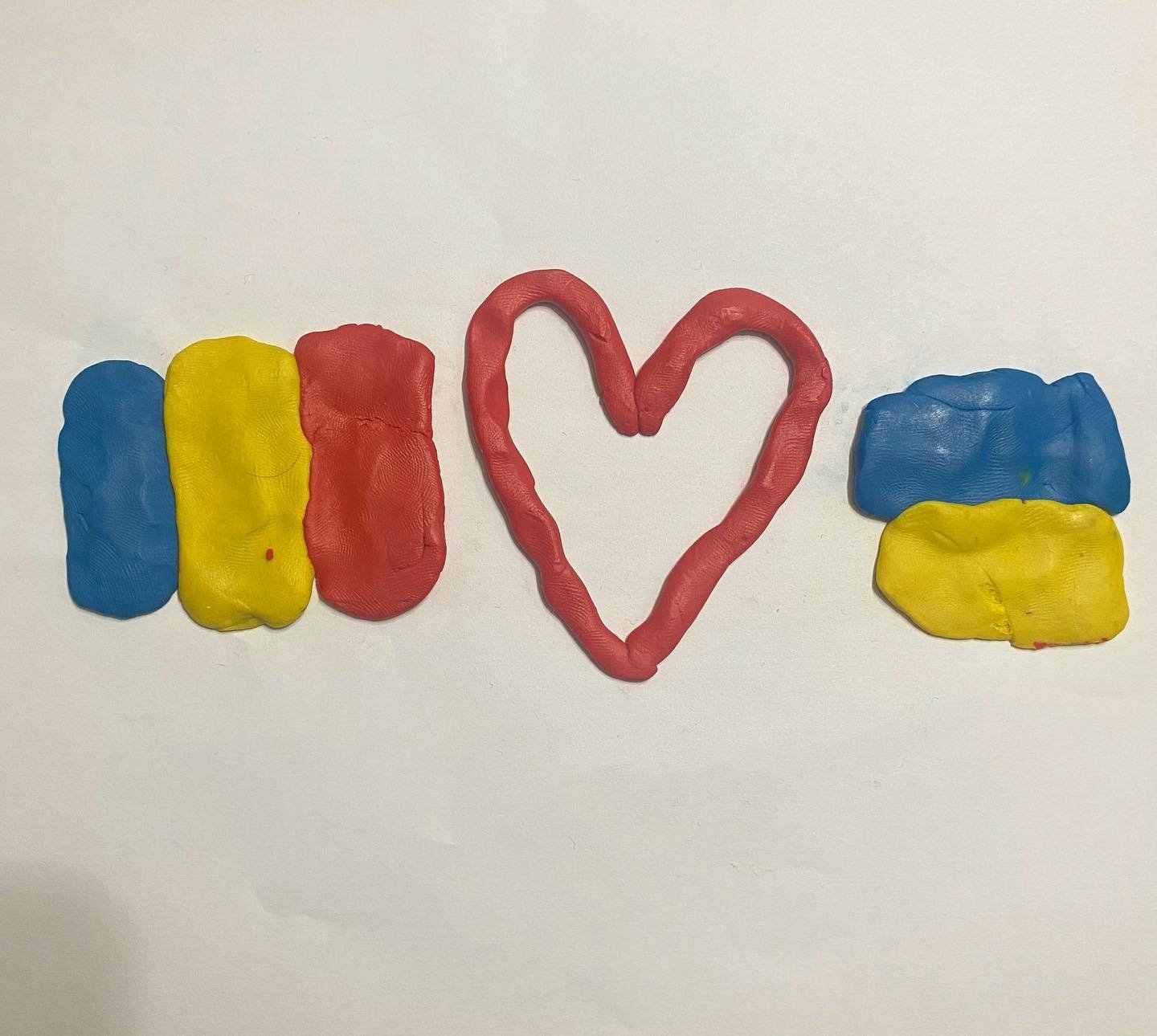
A small country with a big heart
by Paula Erizanu
Since Russia's full scale invasion of Ukraine, more than 370,000 Ukrainians have crossed the Moldovan border. About 100,000 Ukrainian refugees have decided to stay in the small country, half of them children, increasing Moldova's population by 4%. Relative to its size, Moldova has by far the highest refugee per capita in Europe.

THIS IS WAR
by Justina Dobush
Translated from the Ukrainian by Kate Tsurkan
I can’t even cry, because every fiber of my being is prepared for the worst 24/7. I decided to just forget that normal life is carrying on elsewhere. I do not allow myself to think that maybe soon it will all end, and I certainly do not believe that someday my life can continue the same as before.

The Postmodern Suicide, Part II
by Adam Lehrer
Pessimist philosopher Emil Cioran once told a journalist how he was saved by the idea of suicide. “What allowed me to live was that I knew I always had this option.” This is the healthy way of managing the postmodern suicide.

The Postmodern Suicide, Part I
by Adam Lehrer
If Van Gogh was force fed his blackpill by a society at the dawn of modernism in rapid evolution, is it somehow worse to be force fed the blackpill now – by a society that doesn’t exist? The postmodern blackpill — the contemporary suicide — is given to us by the simulation of a society that isn’t real.

Comments on Television
by Judita Šalgo
Translated from the Serbian by John K. Cox
My first window on the world, several decades ago, looked out onto a wall, onto bulletin boards with newspapers. Now that I need to say what I see out this window, what’s there? The wall has been demolished; behind it yawns an abyss.

Libations in Saturday's Waters: A Series of Estranged Libations
by Alina Stefanescu
Ancient Sumerians spent their afterlives in eternity eating dust. Generous descendants would pour liquid into their ancestors' graves with clay pipes to unparch their lips, to moisten their mouths. Thus water was added to dirt, making soil: the breath of creation.

Longing, Troth, and Anti-Semitism in Gregor Von Rezzori
by Anthony Hennen
Austria-Hungary is a relatively hidden empire in the American conscience. Unless one has ancestral ties to it, or found their way to its former lands during a summer trip to Europe, it disappears under the swinging blade that divides western and eastern Europe.
